Paperwork Checklist for Leasing an Apartment

Leasing an apartment involves a detailed process that necessitates thorough preparation and organization. Understanding the documents required for leasing can greatly simplify this procedure, ensuring that you are well-prepared for each step. Below is an exhaustive list of documents and items to help guide you through the apartment leasing journey.
What You Need to Lease an Apartment
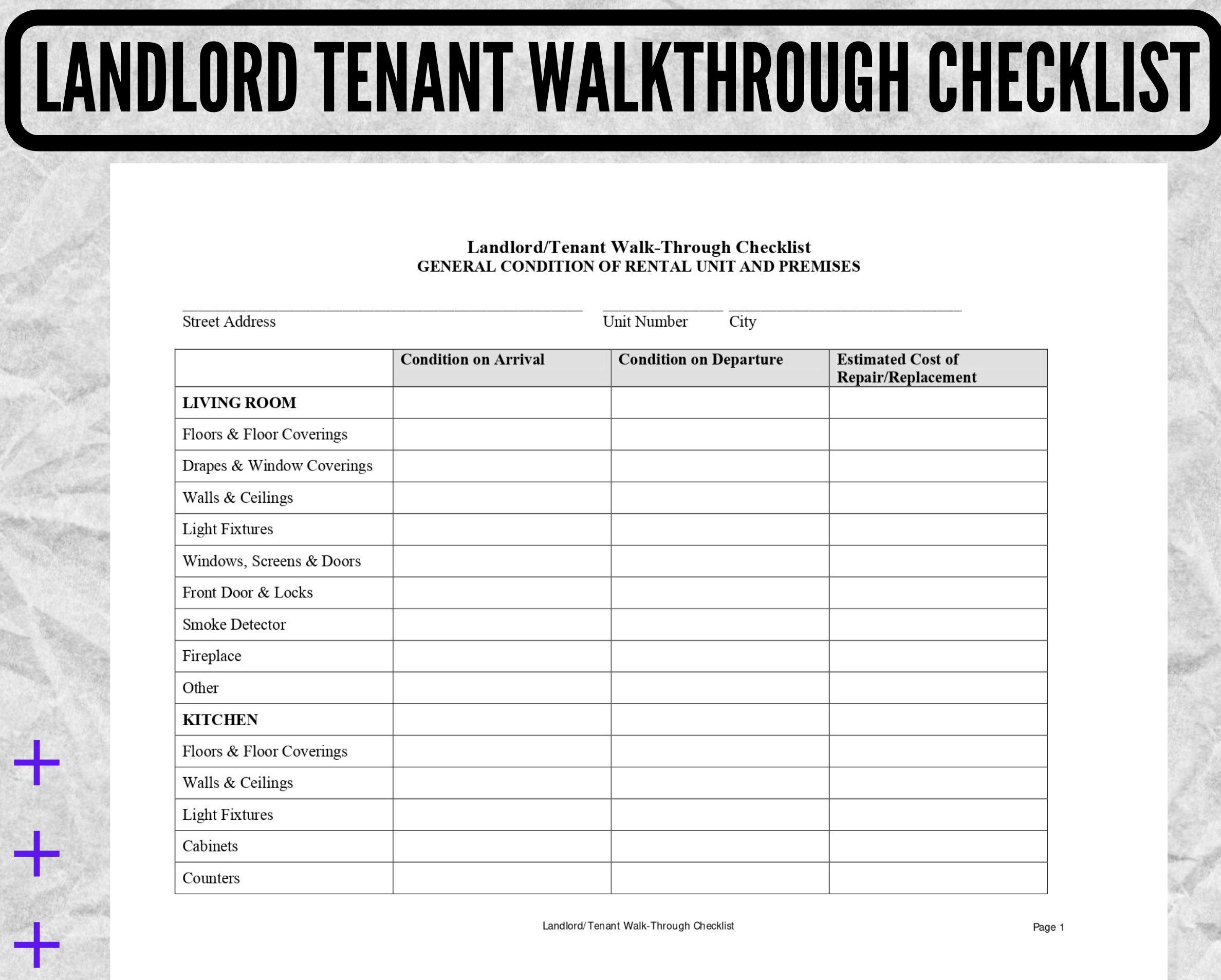
When you start looking for an apartment, having the right paperwork ready can make all the difference. Here are the key items you should bring along:
- Proof of Income: This could be pay stubs, bank statements, or a letter from your employer detailing your income. It’s proof to the landlord that you can afford the rent.
- Credit Report: A positive credit history shows landlords that you’re likely to pay your rent on time.
- Rental Application: Fill this out completely to avoid delays. It includes personal information and questions about your rental history.
- Rental History: Previous landlords might be contacted, so references from past rentals are helpful.
- Identification: A valid photo ID such as a driver’s license or passport is mandatory.
- Co-signer Information: If your income or credit isn’t strong enough, you might need a co-signer who meets the income requirements.
Let’s take a closer look at how to prepare these documents:
Preparing Proof of Income

- Include your three most recent pay stubs, as they are a current reflection of your earnings.
- If you’re self-employed or have variable income, a letter from your CPA or an audited profit and loss statement might suffice.
- Bank statements for the last two to three months show your financial stability. Highlight any recurring deposits or income.
📝 Note: Ensure that your documents clearly show your name, employer, or bank details to avoid confusion.
Understanding Your Credit Report
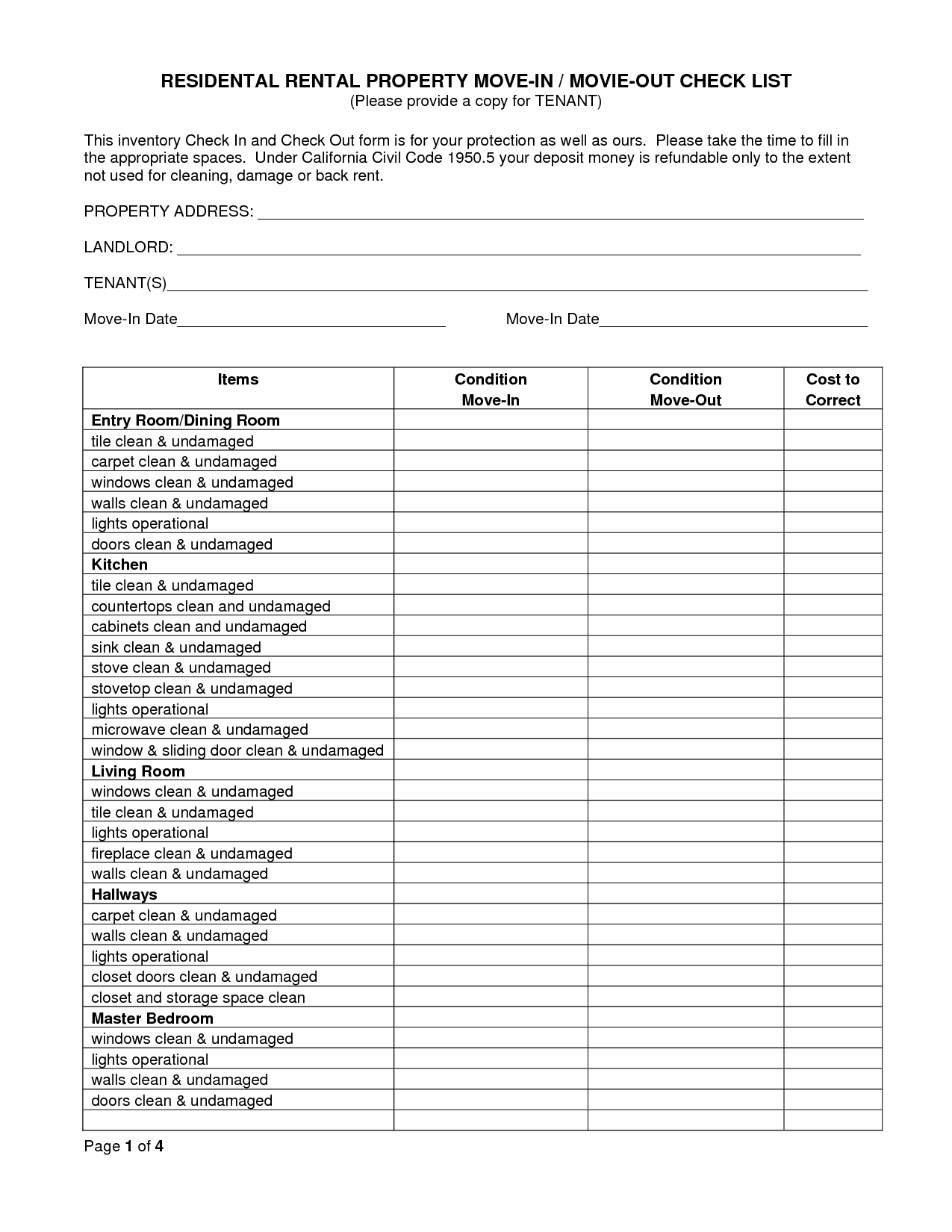
You might want to check your credit report before presenting it. Here’s what you should do:
- Obtain a free credit report from the three major credit bureaus (Equifax, Experian, and TransUnion).
- Review it for inaccuracies or negative marks that could impact your ability to rent. Dispute any errors immediately.
- If your score isn’t ideal, you might want to wait or look for landlords who are less strict about credit requirements.
Completing the Rental Application

Completing your rental application accurately is vital:
- Answer all questions truthfully. Honesty is key, especially regarding rental history and pets.
- Have your rental history ready to avoid leaving blanks, which can raise flags.
Providing Rental History

Gathering your rental history can be straightforward:
- Include your past landlords’ contact details. Ideally, get their permission beforehand.
- If you’ve never rented before, references from a previous employer or character references could help.
Identification

When it comes to ID:
- Your driver’s license or state ID is typically what landlords accept.
- For international applicants, a valid passport is crucial.
Co-Signer Documentation

If you need a co-signer, ensure you have:
- Proof of income and credit information for your co-signer.
- Their complete rental history, similar to what you would provide.
Let’s look at how to approach your application:
The Application Process

- Application Fee: Many landlords require an application fee to cover the cost of background and credit checks. These can range from 25 to 50 per applicant.
- Processing Time: Landlords usually take one to five days to process applications, so be patient.
- Credit and Background Checks: Expect these checks. They might include a criminal background check.
💡 Note: Being present and helpful during this process can make a positive impression. Promptly provide any additional information the landlord might need.
By having all your documents in order, you not only speed up the leasing process but also demonstrate responsibility and reliability to potential landlords. This preparation sets you up for a smoother apartment leasing experience.
What documents are most important for leasing an apartment?
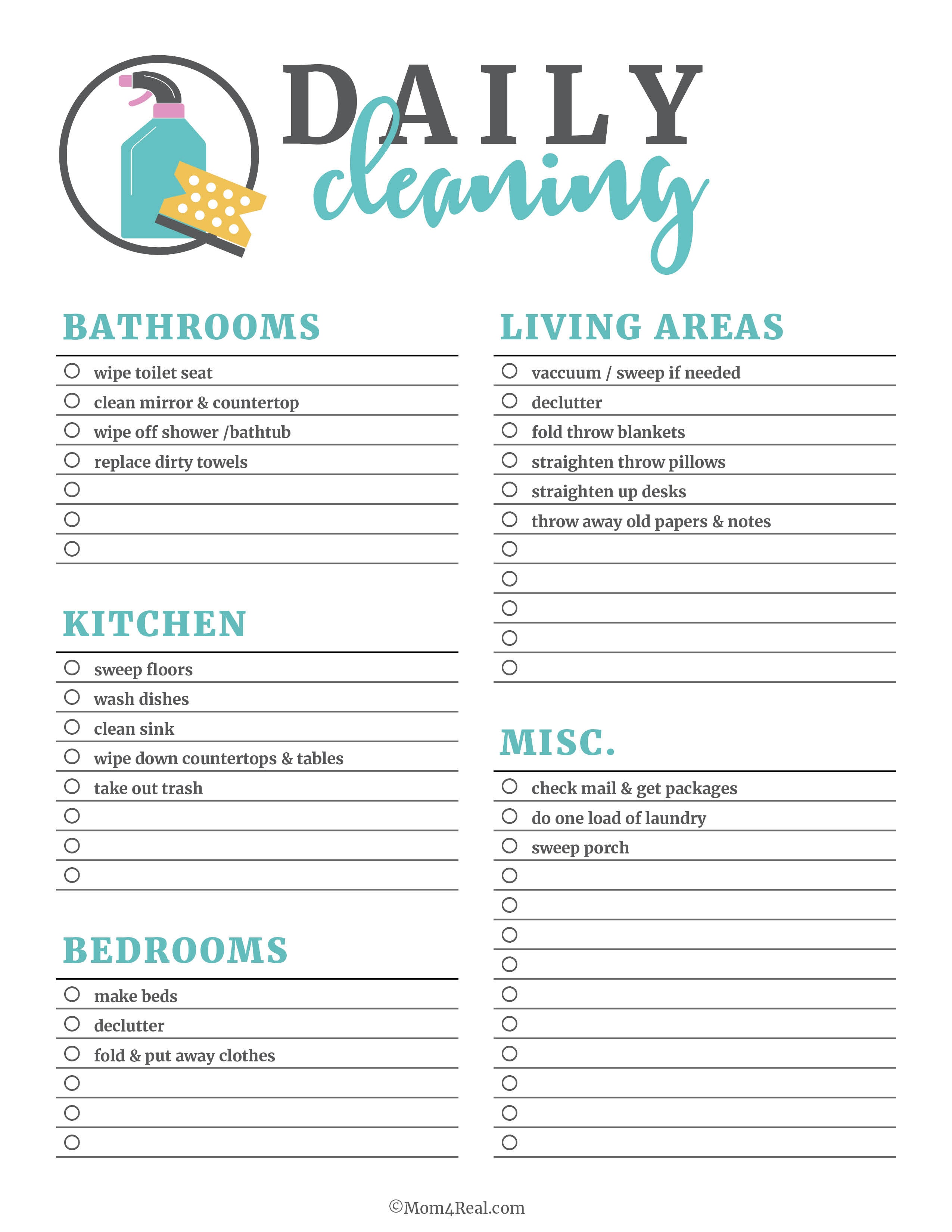
+
Your proof of income, a credit report, and your identification are the most crucial documents to bring. Landlords are keen to ensure you have a steady income and are financially responsible.
Can a poor credit history stop me from renting an apartment?

+
It might, but not always. Some landlords might be lenient if you have a good income or can provide a co-signer. Exploring options in less competitive rental markets could also help.
Is there an alternative to providing rental history?
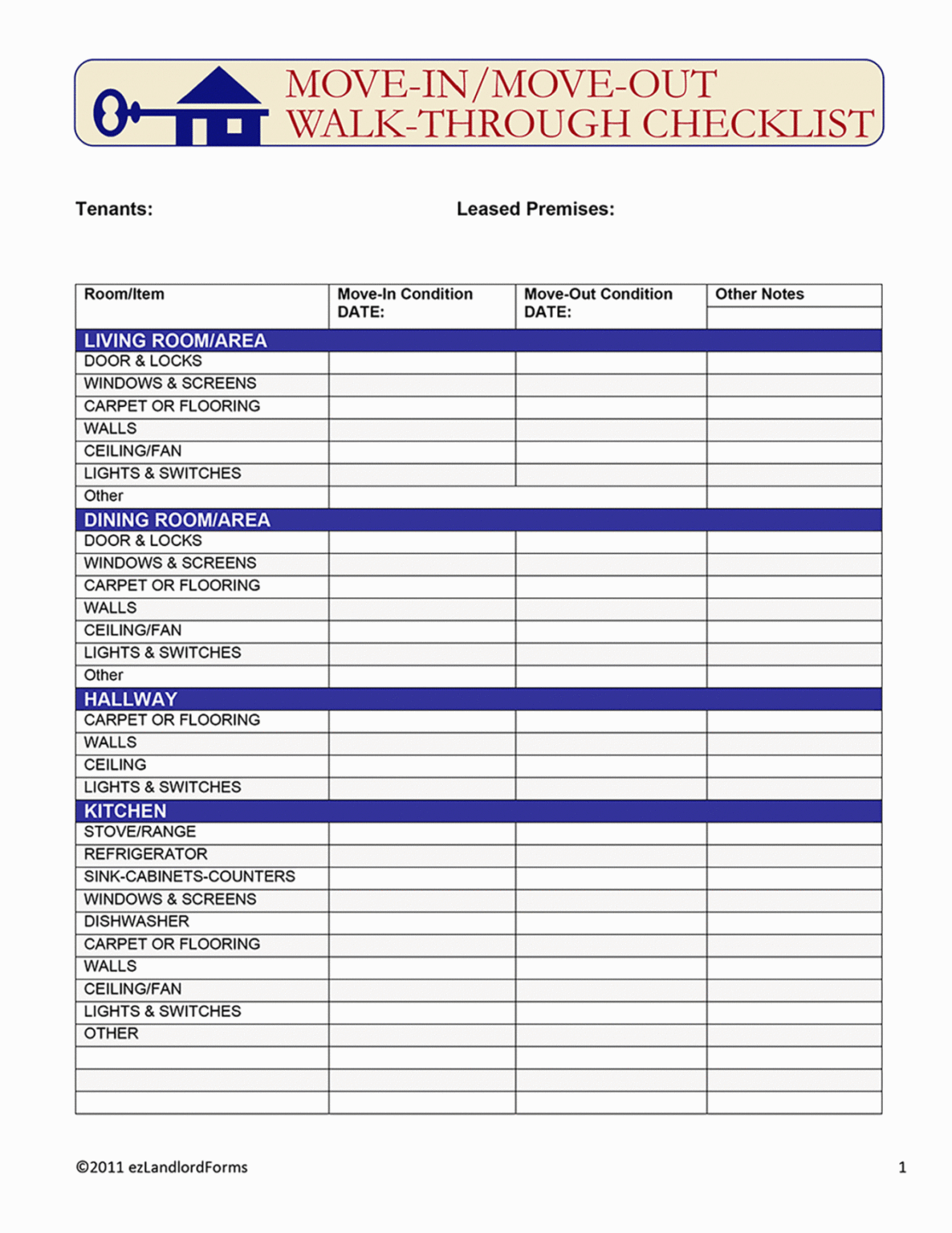
+
Yes. If you’ve never rented, character references from an employer, financial institution, or a respected community member can sometimes substitute for rental history.
How long does the apartment leasing process take?
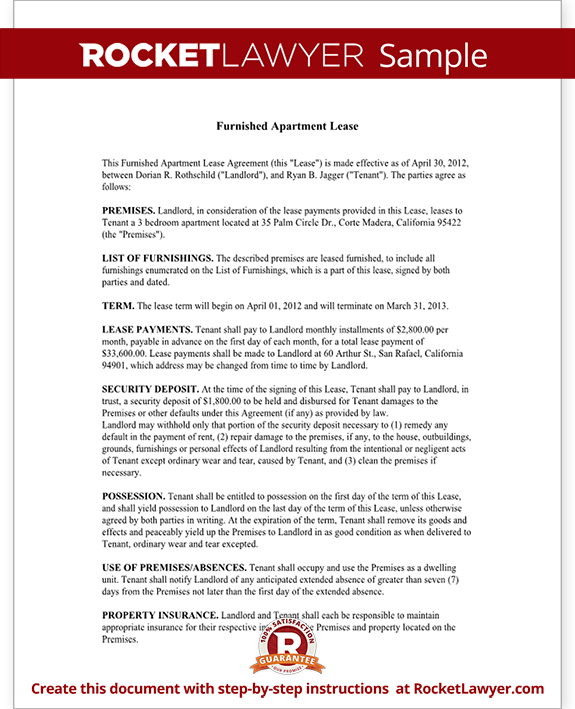
+
It typically takes landlords one to five business days to process applications. However, the duration can vary based on their policies and the speed at which they receive all required documents.